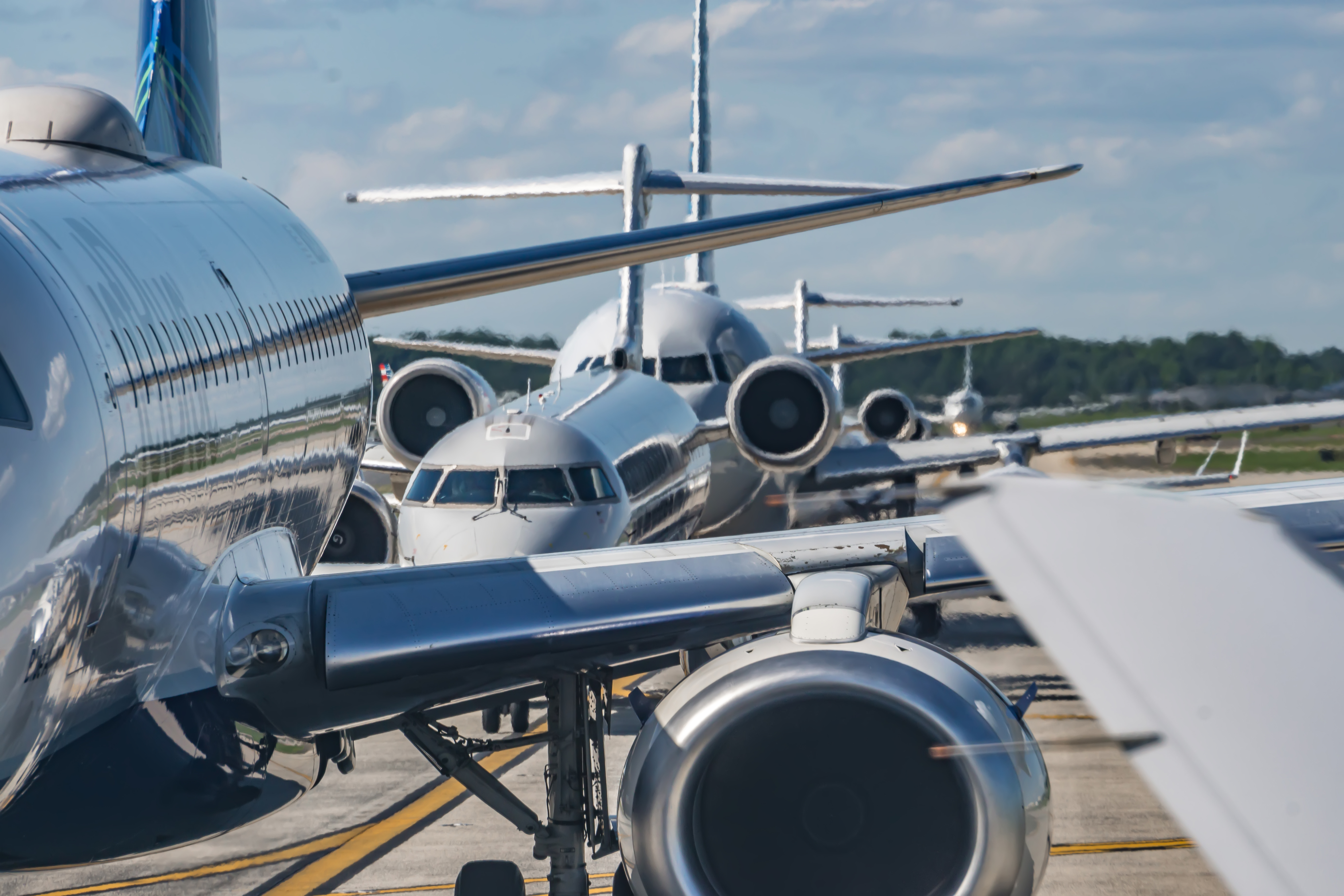Each year the aviation industry spends a whopping amount of money on MRO, second only to that spent on fuel. It is a $68 billion industry, which, according to TeamSAI, is going to reach $86.8b in ten years’ time. Therefore, making investments in technology that enables higher automation of maintenance, repair and overhaul processes would seem to be a sound business decision. However, while many airlines are already benefiting from the integration of various mobile-based IT solutions, the possibilities of improving the time costly processes of the aftermarket support are still to be discovered.
The global adoption of mobile technology has soared in the last decade. According to various data, 91% of all people on earth have a mobile phone, with 38% of 2-year olds using mobile devices. Moreover, the overall shipments of smartphones are forecasted to grow at a compound annual growth rate of 25.9 percent throughout 2015. This massive shift in mobile adoption has turned a mobile phone into a critical platform for developing new services and content that improves interaction and facilitates operations. Therefore, no wonder that such a highly competitive industry as aviation has already started to successfully adopt some of the features the technology offers.
A recent SITA’s Airline Business IT Trends Survey has revealed that a staggering 93% of all airlines consider mobile services for passengers a top investment priority over the next three years. By 2015, almost nine out of 10 airlines are planning to have a wide range of core services available via mobile, including flight search, check-in, boarding passes, ticket purchase, and ancillary services followed by customer complaint handling and missing baggage management. Thus, according to the predictions based on the results obtained in the survey, 70% of sales, 91% of customer services and 71% of passenger processing tasks will be handled through smartphones by that time. However, the situation in such a technologically advanced segment as MRO is somewhat different.
Airline Business IT Trends Survey has revealed that a staggering 93% of all airlines consider mobile services for passengers a top investment priority over the next three years
“MRO providers typically have a vast collection of information that comes from OEMs, suppliers, and variousregulatory bodies. Therefore, mobile technology could provide an excellent platform to better leverage the wealth of the existing enterprise data,” shares Zilvinas Sadauskas, the CEO of Locatory.com “However, it is remarkable how quickly most executives can make a business case to buy another aircraft costing hundreds of millions of dollars – but struggle to justify any expenditure on technology that is just a fraction of the cost. As a result, what we see in the industry today is that many processes, especially the ones related to procurement, still rely on out-dated approaches and can even still be paper-based.”
Notwithstanding the emergence of software solutions for process automation in space, aviation MRO remains a highly effort-intensive service business. For instance, it has been found that some industry employees spend up to 80% of their time searching for and verifying the information that is required to execute their tasks. In the meantime, given that the developing regional markets are continuing to expand at a considerable rate, the supply of aftermarket parts will only become more complex, thus adding further pressure on improving the efficiency of parts supply chains.
“As mobile technology has found widespread acceptance among end users, who utilize mobile devices for performing a number of functions in their daily lives, most employees can be easily trained to apply them at work,” says Zilvinas Sadauskas, the CEO of Locatory.com. “An effective mobile solution would offer the ability to access all relevant task-level information from a single interface, thus maximizing efficiency and minimizing turn-around times. The process of ordering parts, tracking progress on different tasks and recording hours worked is complex enough already to be made more complicated by the outdated practices. What is evident today is that the future is mobile. If it is already improving business efficiency for airports and airlines whilst also enhancing passenger experience, there’s no reason why it can’t do the same for the other segments of the industry.”



